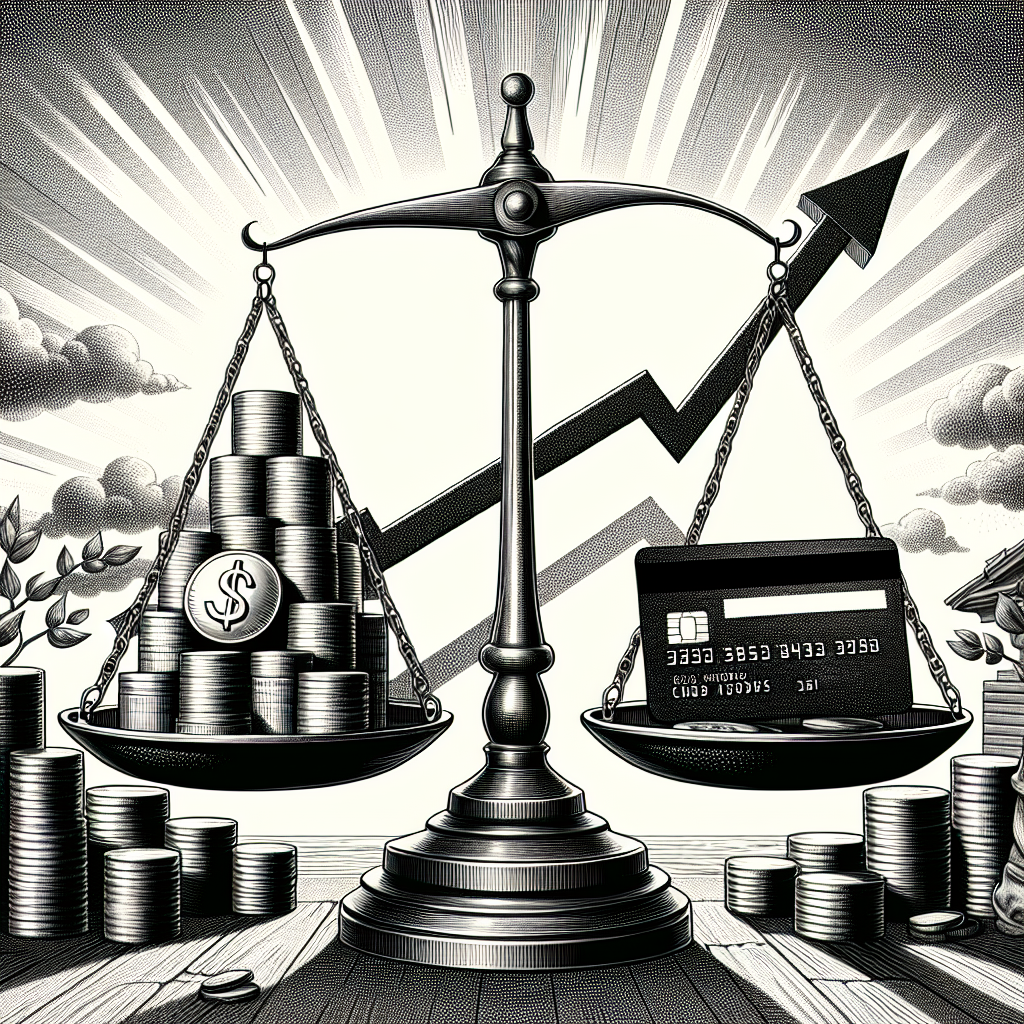In today’s financial landscape, managing debt effectively and improving your credit score are crucial for achieving financial stability and success. Whether you’re looking to buy a home, secure a loan, or simply gain peace of mind, understanding your debts and credit score is paramount. This comprehensive guide will provide practical strategies to help you manage debt and boost your credit score.
Understanding Debt: The First Step to Management
What is Debt?
Debt is money borrowed to be paid back later, often with interest. It can take many forms, including credit cards, personal loans, mortgages, and student loans. Understanding the different types of debt you may encounter is essential for managing them effectively.
The Impact of Debt on Your Credit Score
Debt significantly influences your credit score. Lenders use credit scores to assess the risk of lending money to individuals. High levels of outstanding debt can negatively impact your score, making it harder to secure loans or favorable interest rates.
Strategies for Managing Debt
1. Create a Budget
Establishing a budget is the foundation of effective debt management. Analyze your income and expenses to create a realistic budget that allows you to allocate funds toward debt repayment. Consider utilizing budgeting apps to simplify the process.
2. Prioritize Your Debt
Not all debt is created equal. Identify high-interest debts, like credit card balances, and prioritize paying those down first. The avalanche method (paying off the highest interest rate debt first) can save you money over time. Alternatively, the snowball method (paying off the smallest debts first) can provide quicker psychological wins.
3. Negotiate Lower Interest Rates
Contact your creditors to negotiate lower interest rates on your debts. Many creditors are willing to work with you, especially if you’ve been a reliable customer. A lower interest rate can reduce the total amount you need to repay.
4. Consider Debt Consolidation
Debt consolidation involves combining multiple debts into a single loan, often with a lower interest rate. This approach simplifies payments and can reduce the overall interest you pay. Research different consolidation options, including personal loans and balance transfer credit cards, to find what suits you best.
5. Make Regular Payments
Make it a habit to pay more than the minimum payment due each month. This approach not only reduces the principal balance faster but can also improve your credit utilization ratio—a key factor in your credit score.
Improving Your Credit Score
Understanding Your Credit Score
Your credit score is a numerical representation of your creditworthiness. It typically ranges from 300 to 850, with higher scores indicating better creditworthiness. Key factors influencing your score include payment history (35%), credit utilization (30%), credit history length (15%), types of credit used (10%), and new credit inquiries (10%).
1. Check Your Credit Report Regularly
Regularly monitoring your credit report can help you identify inaccuracies and fraudulent activity that could harm your score. You can request a free credit report annually from each of the three major credit bureaus—Experian, TransUnion, and Equifax.
2. Pay Your Bills on Time
Payment history is the most significant factor in your credit score. Set up automatic payments or reminders to ensure you never miss a due date. If you’ve missed payments in the past, get back on track by consistently paying on time.
3. Keep Your Credit Utilization Low
Aim to keep your credit utilization ratio (the percentage of available credit you’re using) below 30%. This means if you have a total credit limit of $10,000, try to keep your outstanding balance below $3,000.
4. Diversify Your Credit Mix
Having a mix of credit types (revolving credit like credit cards and installment loans like car loans) can positively impact your credit score. However, avoid opening new lines of credit unless necessary, as this can lead to hard inquiries that may temporarily lower your score.
5. Build a Strong Credit History
Length of credit history contributes to your credit score. Keep older credit accounts open, even if you aren’t using them regularly. A longer credit history can enhance your credit score.
Final Thoughts
Managing debt and improving your credit score is an ongoing process that requires diligence and smart financial habits. By creating a budget, prioritizing payments, and consistently monitoring your financial health, you can reduce your debt and improve your credit score over time. Remember, achieving financial stability is a journey, not a sprint—take it one step at a time, and you’ll see progress.
By implementing these strategies, you’ll not only manage your debt more effectively but also pave the way for a healthier financial future and an improved credit score. Start today and take control of your financial destiny!

